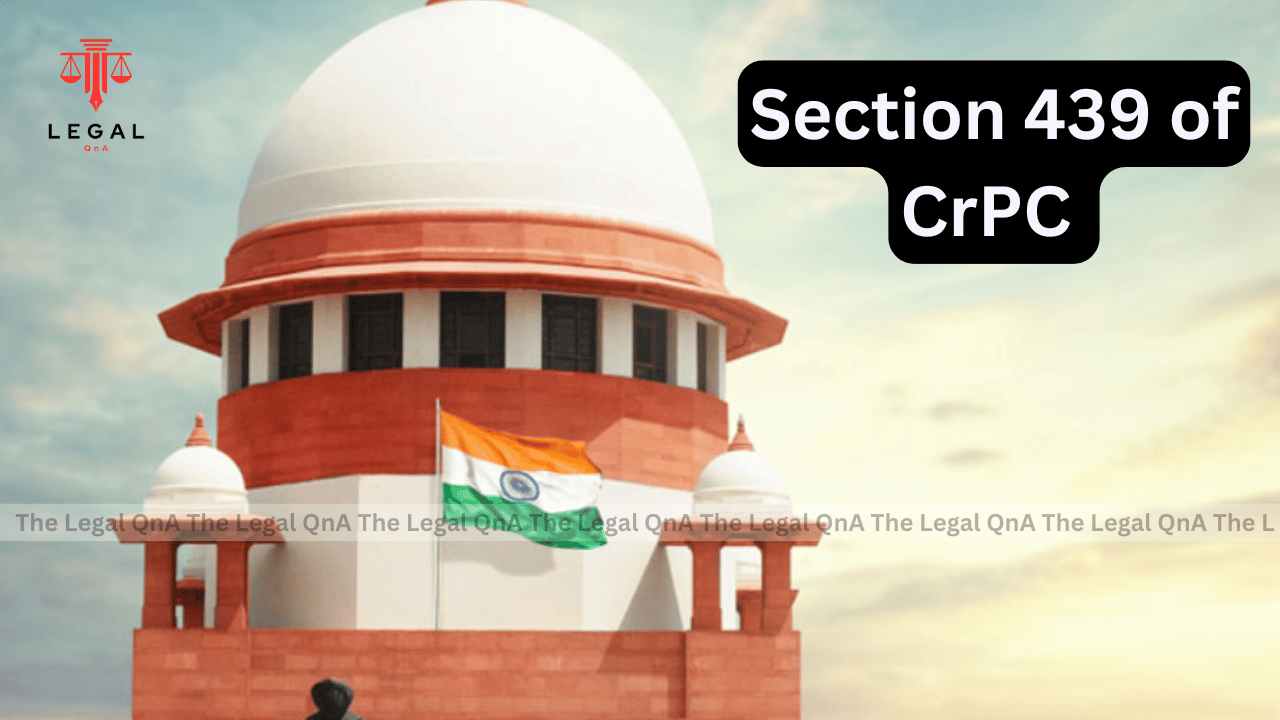The Supreme Court has set aside the Allahabad High Court’s directive, which ordered the Director of the Narcotics Control Bureau (NCB) to pay ₹5 lakh compensation to an accused in an NDPS case for alleged wrongful confinement.
The Apex Court reiterated that the jurisdiction under Section 439 of the Code of Criminal Procedure (CrPC) is strictly limited to the grant or refusal of bail and does not extend to awarding compensation.
The appeal was filed by the Union of India through the NCB, challenging the impugned High Court order.
The Division Bench of Justice Sanjay Karol and Justice Manmohan ruled that the High Court had exceeded its jurisdiction in awarding compensation in a bail application proceeding.
Factual Background
The case arose from a joint operation in which the NCB seized 1280 grams of brown powder—suspected to be heroin—from the possession of Man Singh Verma (respondent) and Aman Singh.
Consequently, a criminal case was registered against them under Sections 8(C), 21, and 29 of the Narcotic Drugs and Psychotropic Substances Act, 1985 (NDPS Act).
While awaiting the forensic report, the accused applied for bail, but the same was rejected. Subsequently, the Central Revenue Control Laboratory’s report found that the sample tested negative for heroin and other narcotic substances.
A second test conducted at the Central Forensic Science Laboratory, Chandigarh, also confirmed the absence of any narcotic substance.
Following these findings, the NCB filed a closure report, and the accused was released from jail.
However, despite his release, the Allahabad High Court proceeded to hear the pending bail application and awarded ₹5 lakh compensation to the accused, citing wrongful confinement.
Section 439 CrPC Does Not Empower Courts to Grant Compensation
The Supreme Court observed that Section 439 CrPC confers limited jurisdiction, which is restricted to bail matters. Referring to multiple precedents, the Bench stated:
🗨️ “Time and again, courts have been cautioned against overstepping their jurisdiction. The instant case is another such example.”
The Court criticized the High Court’s unwarranted exercise of jurisdiction, stating that since the bail application had become infructuous (as the accused had already been released), the High Court had no reason to adjudicate on the issue of wrongful confinement or order compensation.
🗨️ “The undue restriction of liberty is indeed an affront to fundamental rights, but the legal remedy for such grievances lies in separate proceedings as per law—not in a bail application under Section 439 CrPC,” the Bench added.
Supreme Court’s Verdict
The Apex Court partly allowed the appeal and set aside the Allahabad High Court’s order granting ₹5 lakh compensation to the accused.
🗨️ “We accept the submission of the Union of India that the grant of compensation to the tune of ₹5,00,000 was without the authority of law. The order of the High Court, therefore, to this extent has to be set aside. Ordered accordingly. Appeal is allowed partly,” the Bench concluded.
Case Details:
- Case Title: Union of India Thr. I.O. Narcotics Control Bureau v. Man Singh Verma
- Neutral Citation: 2025 INSC 292
- Bench: Justice Sanjay Karol and Justice Manmohan
- Court: Supreme Court of India
- Law Involved: Section 439 CrPC, NDPS Act, 1985















